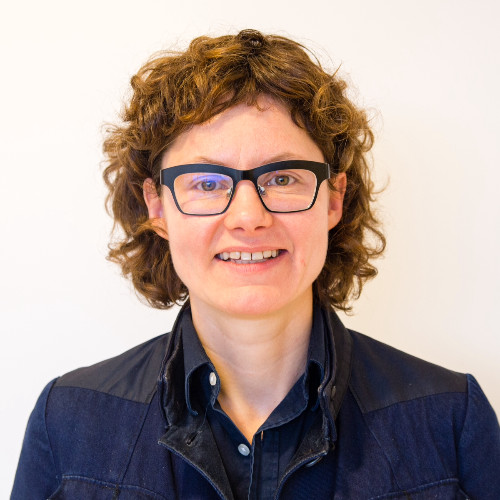Description of Activities
Harmonised cybersecurity standards for AI systems need to be developed and adopted, as a matter of urgency, for the benefit of the European industry, including SMEs and startups, as well as European users and consumers.
Impact on SMEs (2nd Open Call)
Harmonised cybersecurity standards for AI systems need to be developed and adopted, as a matter of urgency, for the benefit of the European industry, including SMEs and startups, as well as users and consumers.
Impact on SMEs (4th Open Call)
Harmonised cybersecurity standards for AI systems need to be developed and adopted, as a matter of urgency, for the benefit of the European industry, including SMEs and startups, as well as users and consumers. In this context, it is necessary to demonstrate the trustworthiness of AI systems. Cybersecurity is one of the many aspects of trustworthiness.
Impact on SMEs (6th Open Call)
The AI Act highlights the importance of EU harmonised standards and conformity assessment (based on such harmonised standards) for industrial stakeholders (providers and deployers) and also for users of AI systems. Harmonised cybersecurity standards for AI systems need to be developed and adopted as a matter of urgency, for the benefit of the European industry, including SMEs and startups, as well as users of AI systems. In this context, it is necessary to demonstrate the trustworthiness of AI systems. Cybersecurity is just one of the many aspects of trustworthiness.
A balanced representation of interests involving all relevant stakeholders in the development of standards, contributions from SMEs, consumer organisations and environmental and social stakeholders are therefore welcome. FM Tech Consult BV is a Belgium-based SME.
Impact on SMEs (8th Open Call)
The AI Act highlights the importance of EU harmonised standards and conformity assessment for the industrial stakeholders, for both providers and deployers, as well as users of AI systems. European harmonised cybersecurity standards for AI systems need to be developed and adopted, as a matter of urgency, for the benefit of the European industry, including SMEs and startups, as well as users of AI systems. It is important to demonstrate the trustworthiness of AI systems. Cybersecurity is just one of the aspects of trustworthiness.
Impact on society (2nd Open Call)
It is essential to demonstrate the trustworthiness of AI systems, hence providing assurance to users and consumers (societal impact).
Impact on society (4th Open Call)
Cybersecurity for AI systems, although being just one of the aspects, is essential to demonstrate the trustworthiness of AI systems, hence providing assurance and trust to users and consumers leading to great societal impact.
Impact on society (6th Open Call)
It is well known that the widespread use of AI systems in many different sectors of the economy is bound to have a significant impact on society. This subject has been debated at length by different academic, industrial, and governmental organisations. Cybersecurity for AI systems, although being just one of these aspects, is essential to demonstrate the trustworthiness of AI systems, hence providing assurance and trust to users and consumers leading to great societal impact.
Impact on society (8th Open Call)
It is well known that the widespread use of AI systems is bound to have a significant impact on society. This subject has been debated at length by different academic, industrial, and governmental organizations. Cybersecurity for AI systems, although being just one of the aspects, is essential to demonstrate the trustworthiness of AI systems, hence providing assurance to users and consumers (societal impact).
Organization
Independent expert - FM Tech Consult BV
Proposal Title (1st Open Call)
Harmonised AI cybersecurity standards in response to the EC AI standardisation request
Proposal Title (2nd Open Call)
Cybersecurity standards for AI systems in response to the EC standardisation request
Proposal Title (4th Open Call)
Cybersecurity standards for AI systems in response to the EC standardisation request (AI Act)
Proposal Title (6th Open Call)
Guidance for addressing security threats to artificial intelligence systems
Proposal Title (8th Open Call)
Cybersecurity standards for AI systems in response to the EC standardisation request (AI Act)
Standards Development Organisation
Topic
Artificial Intelligence







